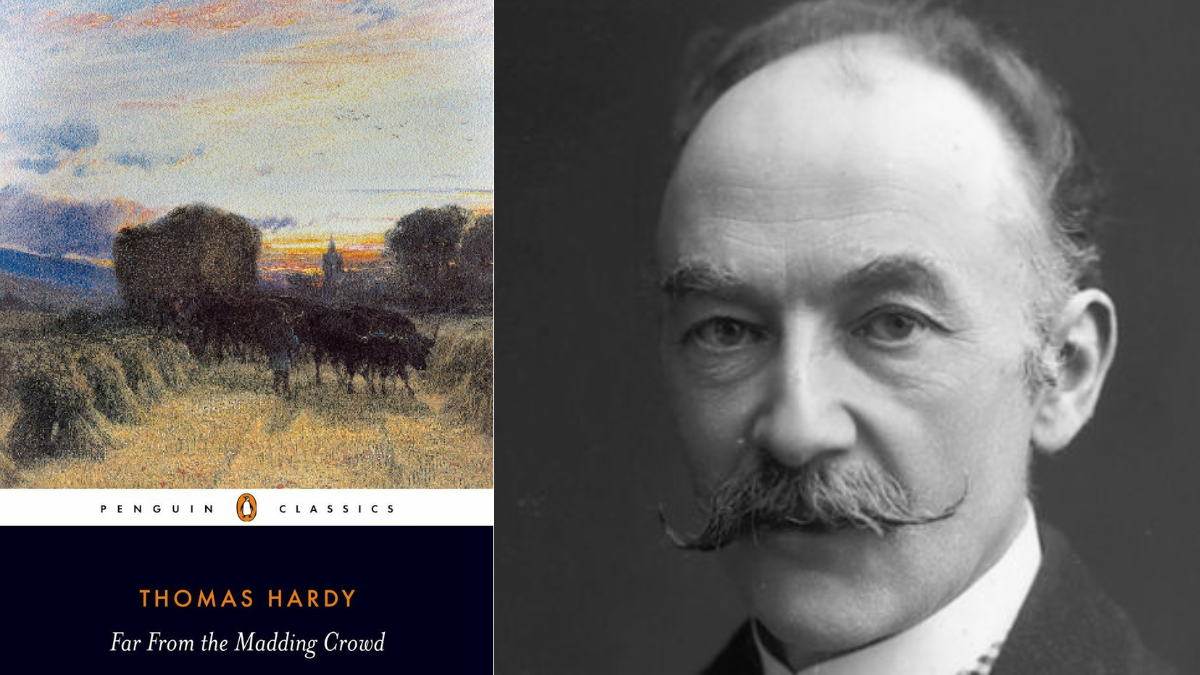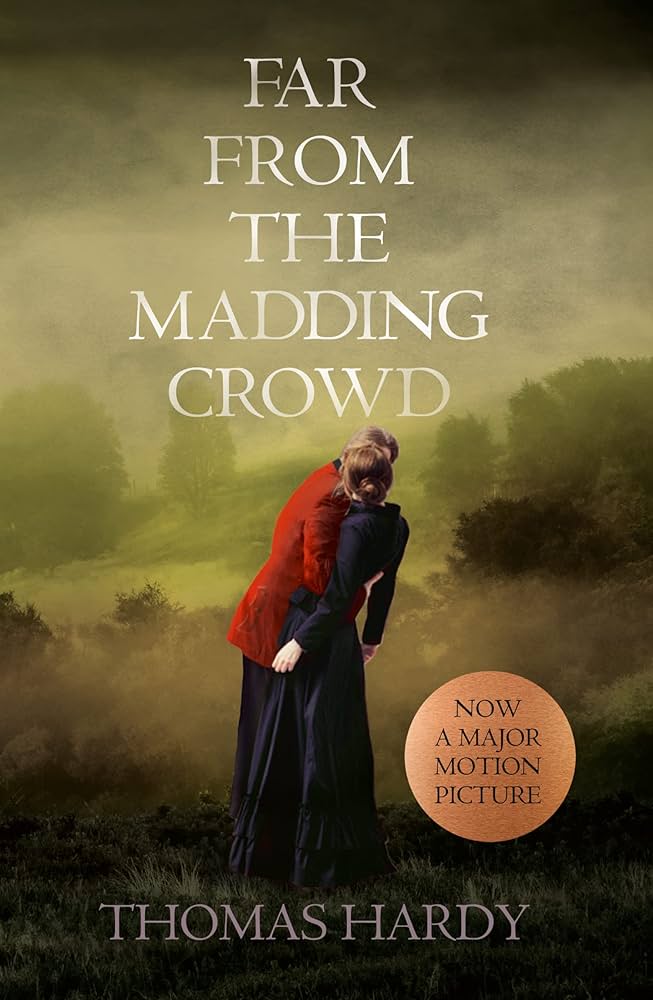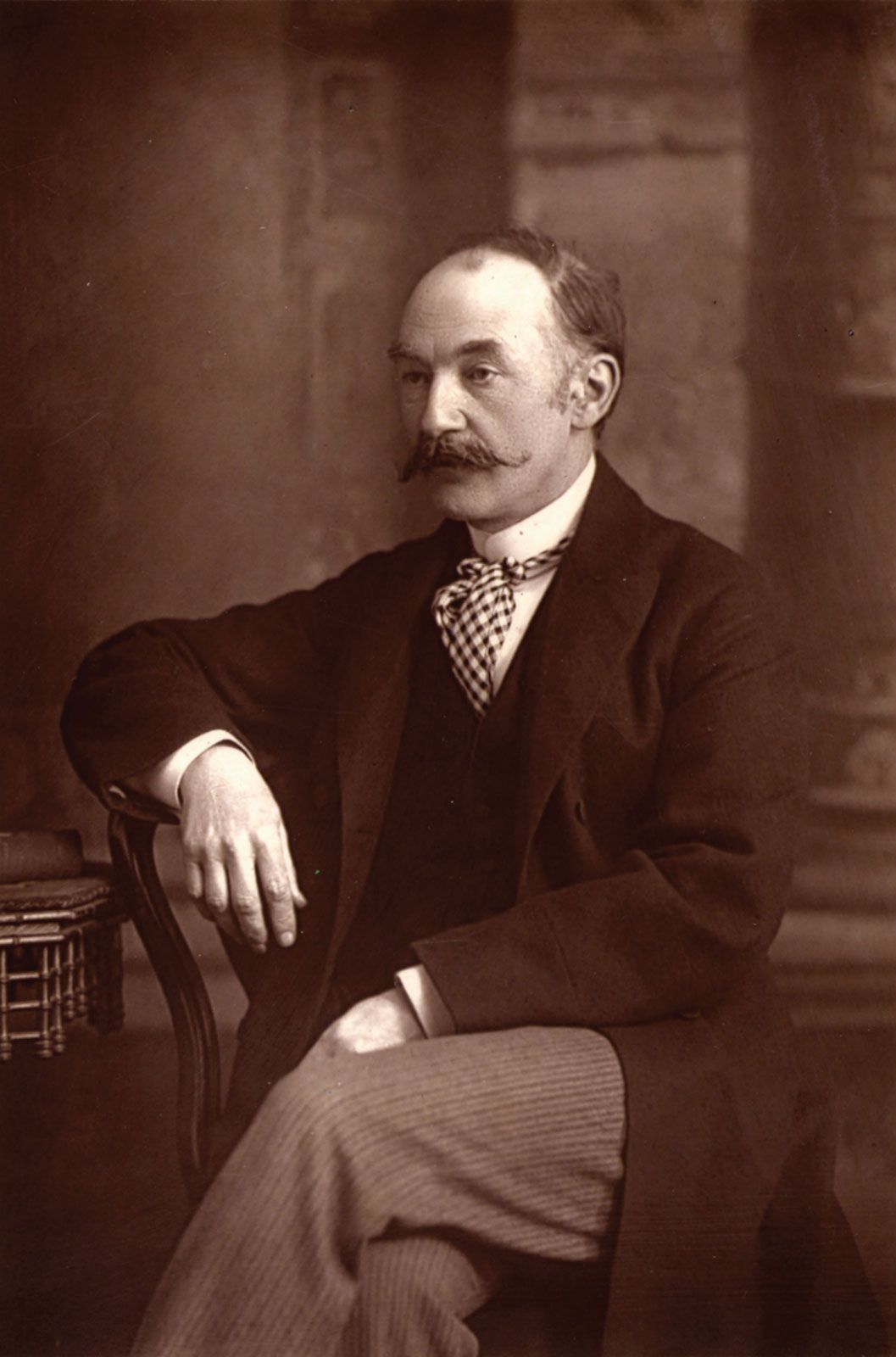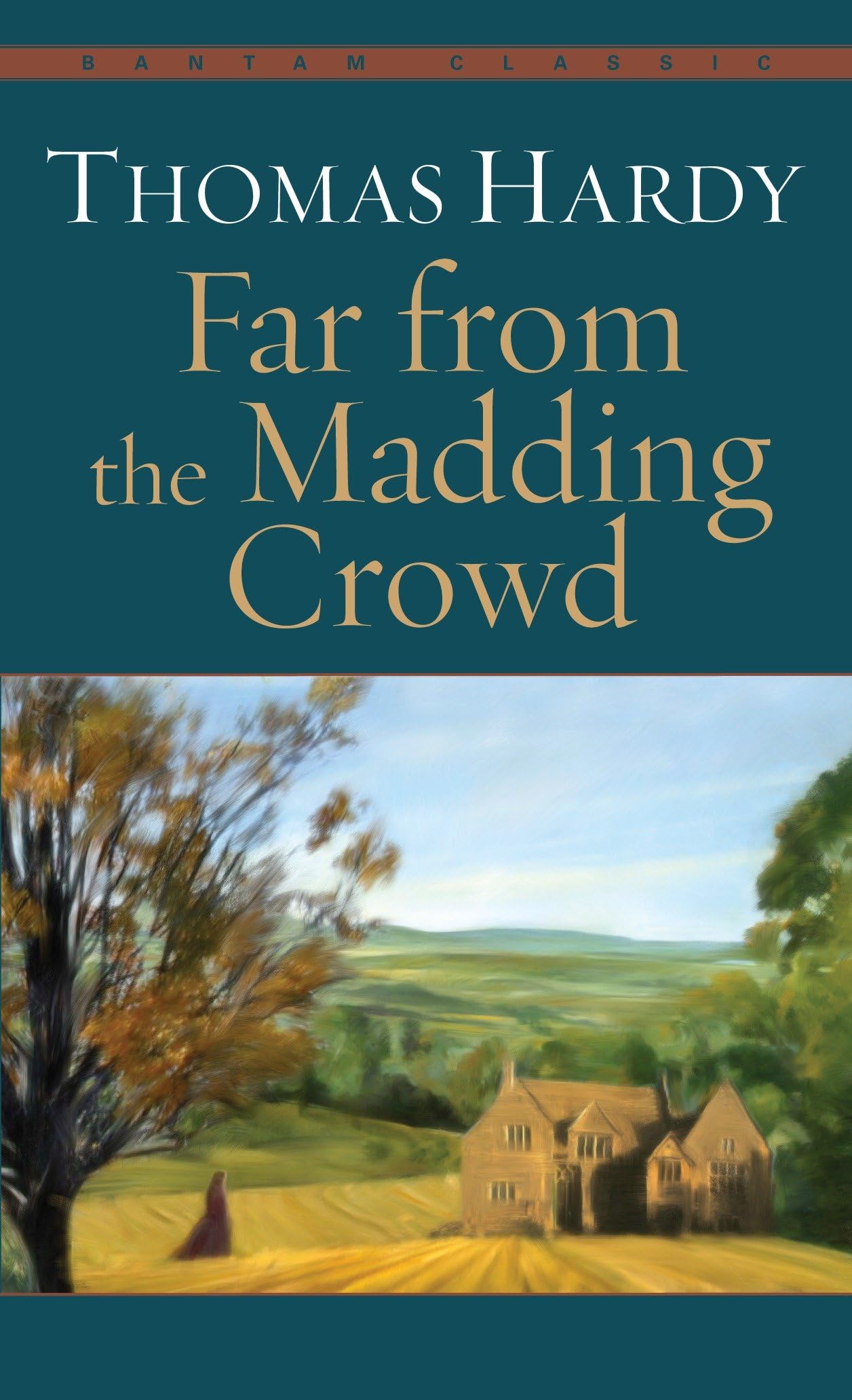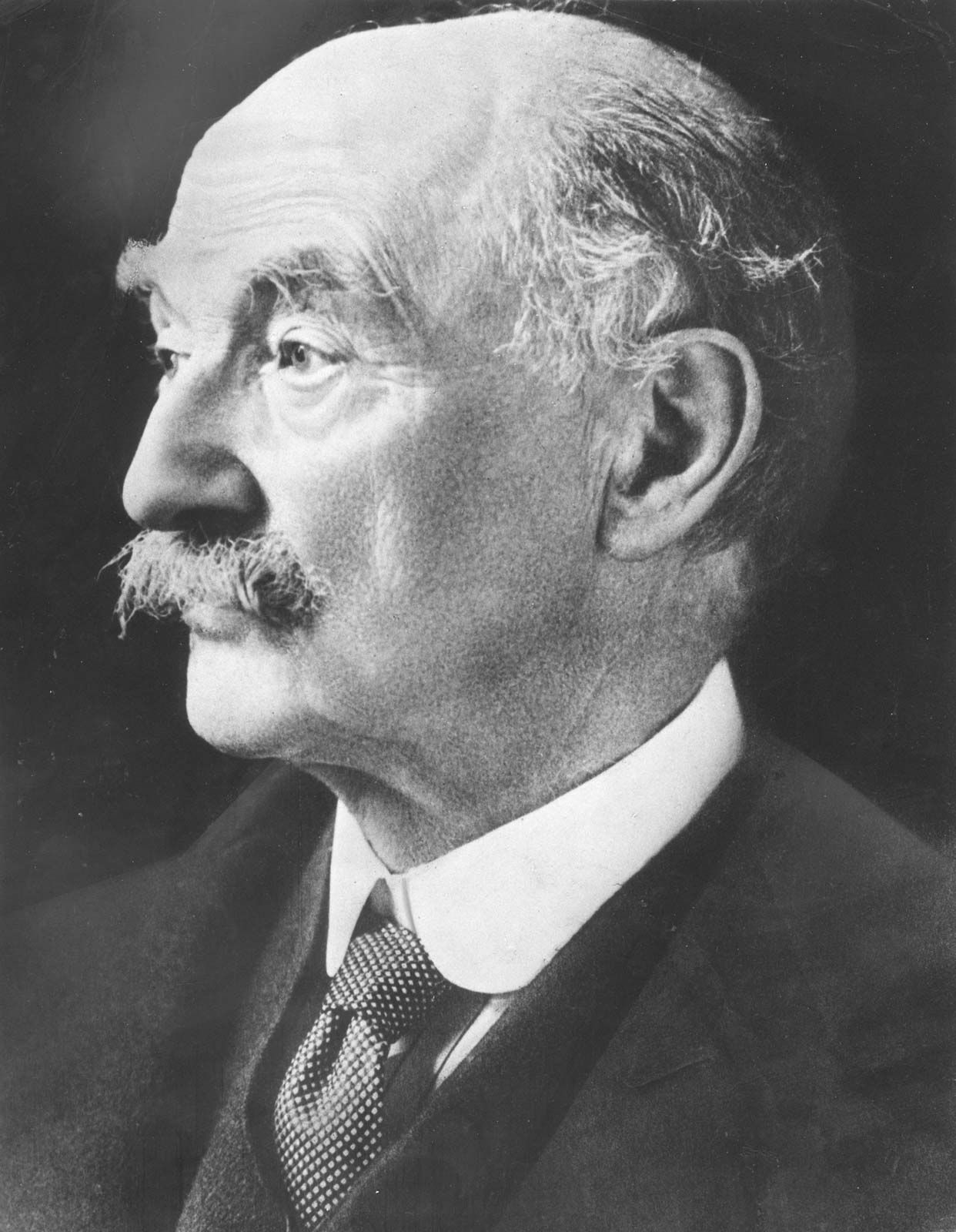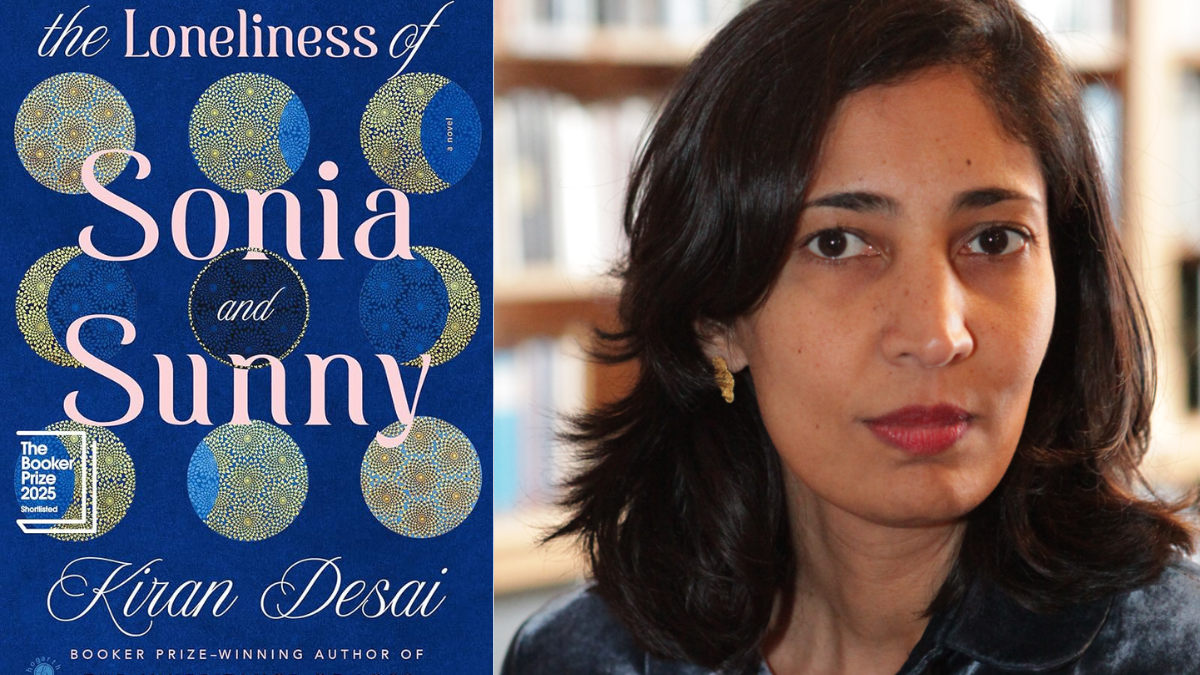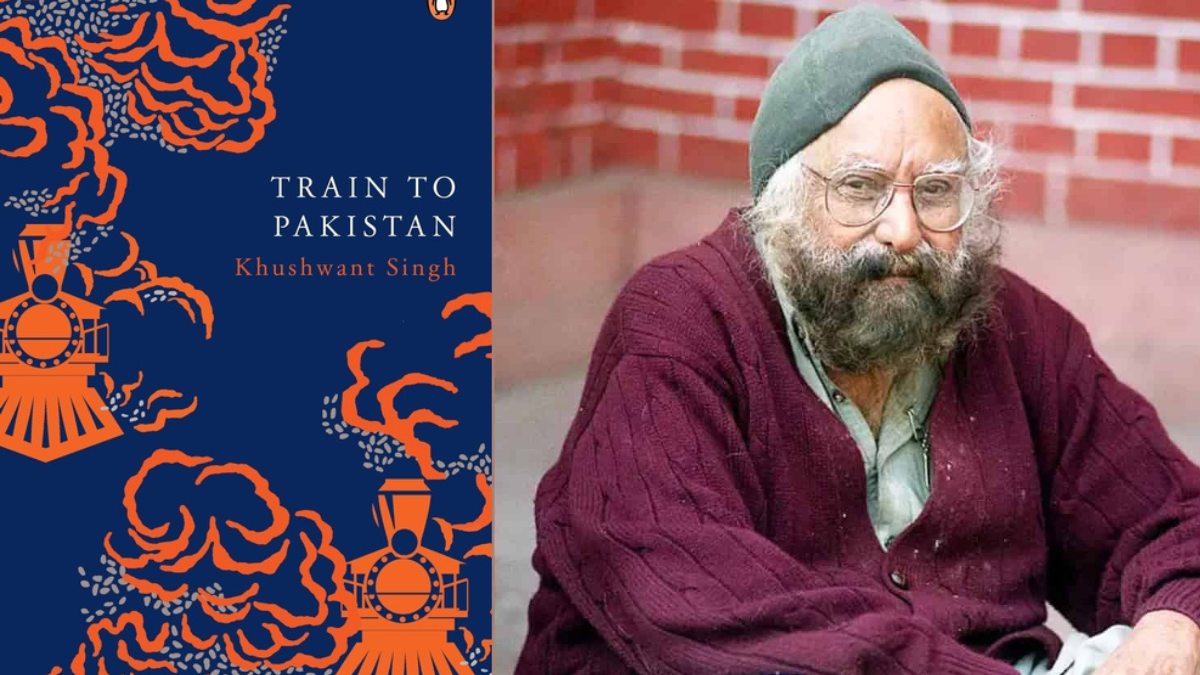In the English Victorian era, gender roles were sharply defined and differentiated under the ideology of “separate spheres.” Men were associated with the public world of work, politics, and rationality, while women were associated with private domestic sphere, carrying attributes like morality, purity and dependence. Women during the Victorian era were expected to have only one ultimate goal, which was to be married.
Thomas Hardy wrote in the later period of the Victorian era. His work often has strong, complex female characters and critiqued social norms but at the same time, such women were also punished. Far from the Madding Crowd (1874), though it doesn’t exactly have a feminist theme, but rather the realities of rural Victorian life, it both challenges and reinforces gender expectations. Through the female lead character, Bathsheba and the contrasting masculinities of his male characters, Thomas Hardy presents a nuanced exploration on the themes of marriage, agency and desire.
The plot begins with an introduction to a proud and independent woman Bathsheba. She inherits her uncle’s farm and manages it by herself. Gabriel Oak, who is presented as a kind shepherd, is her first love interest whose proposal she refuses, declaring ‘I am my own mistress.‘ Her second love interest is William Boldwood who becomes obsessively infatuated with her. Her third love interest, Francis Troy, is a Sergeant. He is presented as having a reckless nature but Bathsheba is captivated by him and they marry hastily.
Later on, their marriage becomes broken. Francis abandons Bathsheba and squanders her fortune. He is presumed drowned later on and it leaves Bathsheba disgraced and alone. With this abandonment comes her previous love interest, William, who increasingly pursues her.
Throughout the story and events, we see Gabriel being a kind, polite and supportive figure to Bathsheba. He supports her without demanding her submission. When he plans to leave for America, Bathsheba realises she is in love with him. The novel ends with her their marriage.
The plot in itself explores human struggle, romance and tragedy.
The female lead: Bathsheba Everdene
Bathsheba Everdene emerges as Thomas Hardy’s challenge to certain patriarchal norms. Thomas writes ‘She had ways peculiar to herself, and she was conscious of possessing a position which had its advantages.’ She is independent and deeply desires independence. Through Bathsheba, Thomas challenges the norm of women not having economic autonomy and being financially dependent on men. She declares ‘I shall be my own mistress.’ while rejecting a marriage proposal, choosing her independence. She also shatters the cultural and gender expectation that ownership was a domain confined to men.
She declares ‘I shall be my own mistress.’ while rejecting a marriage proposal, choosing her independence.
The character of Bathsheba is aware of gendered language and power in earlier accounts. She even says, ‘It is difficult for a woman to define her feelings in language which is chiefly made by men to express theirs.‘ This is deeply feminist and she is seen choosing individuality and resisting the institution of marriage.
At the same time, Thomas also paints this ‘independence’ and female agency that Bathsheba deeply values as impulsive and not having a nuanced purpose. Her actions which she performs as moments of autonomy is almost always met with disastrous consequences.
Thomas Hardy gives Bathsheba independence, ambition and authority. Yet, he makes her suffer for those same qualities. Such portrayal is confusing. Confusing in the sense that, is a reader meant to admire Bathsheba’s independence or ultimately take in the message that women should always be under the guidance of a man who’s much wiser? All her independent choices, like sending William a valentine card or marrying Francis, are met with humiliation and loss which rather paints a cautionary tale of why the female agency is dangerous when done without masculine presence.
The question whether Thomas Hardy is sincerely supporting new roles for women or staging their inevitable collapse to reaffirm patriarchal order remains unclear.
Thomas Hardy’s male characters
In contrast to Bathsheba, her male counterparts have been given much thoughts and consistency when written. They all reflect different attributes.
Gabriel is written as being kind, humble, patient and caring. Thomas writes ‘Gabriel had never in his life been so happy as when he was watching her (Bathsheba’s) happiness.‘ He does not possess a strong sense of masculinity but rather shown as being emotionally intelligent and nurturing in contrast to the Victorian stereotype of men being shrewd and dominating. His marriage to Bathsheba was suggestive of the idea that Thomas Hardy supported a gentler form of male embodiment.
William, on the other hand, is a deeply patriarchal character. For him, Bathsheba is not a respectable individual but rather a prize to be won. He becomes extremely obsessed with her and reduces her to an object of possession, and becomes destructive. Francis is attractive in appearance but his character has a certain hollowness. He is performative and toxic to an extent. He cannot manage responsibilities and lacks accountability.
While Gabriel is presented as the ideal man as he is gentler, does not possess the toxic masculine idea of dominance, his character still falls short of being a truly progressive man.
While Gabriel is presented as the ideal man as he is gentler, does not possess the toxic masculine idea of dominance, his character still falls short of being a truly progressive man. Merely not following masculine and patriarchal norms does not challenge the root of patriarchy. He may be kind, gentle, and understanding yet he does not dismantle gender roles but rather exists within the same structure.
Fanny Robin: a fan favourite
While Bathsheba’s character enjoys a certain degree of freedom, which cannot be separated with class privilege as she is a landowner, Thomas Hardy’s Far from the Madding Crowd also features another female character who appears briefly; Fanny Robin.
Fanny is a working class woman with no wealth. She worked as a servant, placing her at the bottom of social and class hierarchy, and was marginalised by both gender and class. Bathsheba could afford to reject advances, while for Fanny, it was her only hope of breaking the cycle of poverty and class subjugation.
There is also the question of class attraction. Francis’ attraction to Bathsheba or her receiving certain advances had to do with the fact that she was of a higher class and had inherited a farm. At the same time, Fanny had no social security and no voice in the same structure. Her bearing Francis’ child and being shunned for it shows how class determined fate of women.
Fanny’s demise is one of the most heart-breaking series of events in the novel. She dies during childbirth, along with her new-born, as a result of neglect and illness, capturing how women, especially of her class, perished without dignity.
Post her death, Francis tells Bathsheba ‘This woman is more to me, dead as she is, than ever you were, or are, or can be.‘
Final thoughts
Thomas Hardy’s Far from the Madding Crowd is a love story at its core but also discusses other themes of importance. It’s an interesting read, taking readers through a spectrum of emotions. The plot moves from passion and romance to drama and betrayal. It subtly depicts Victorian society’s inequalities. The characters are flawed but not in a way that’s poorly written but in a way that it truly represents the realities of rural Victorian society.
The characters are flawed but not in a way that’s poorly written but in a way that it truly represents the realities of rural Victorian society.
Bathsheba was an exceptional character, she valued her freedom and understood the perils of the institution of marriage. Yet, in the end she gives in because of Gabriel’s kind and gentle nature. The character of Fanny Robin was by far, the most well written and one would thoroughly enjoy reading the chapters in which she appears.
From the outside, one might think this is just another love story where three men ask a woman- ‘Will you marry me?‘, but Far from the Madding Crowd gives a very nuanced exploration on the intersection of love, class, gender roles and rural life. It is moving, funny, heart-breaking, frustrating and bittersweet, all at once. It came with a fairly progressive view considering the time it was published and the story in itself is enjoyable.
About the author(s)
Mema is currently a Master's student at South Asian University (SAU). Hailing from Manipur, her lived experiences there have shaped a deep commitment to the feminist cause. She cares deeply about women and their future, which she tries to convey with her writing. She finds joy in reading, writing and cooking.
